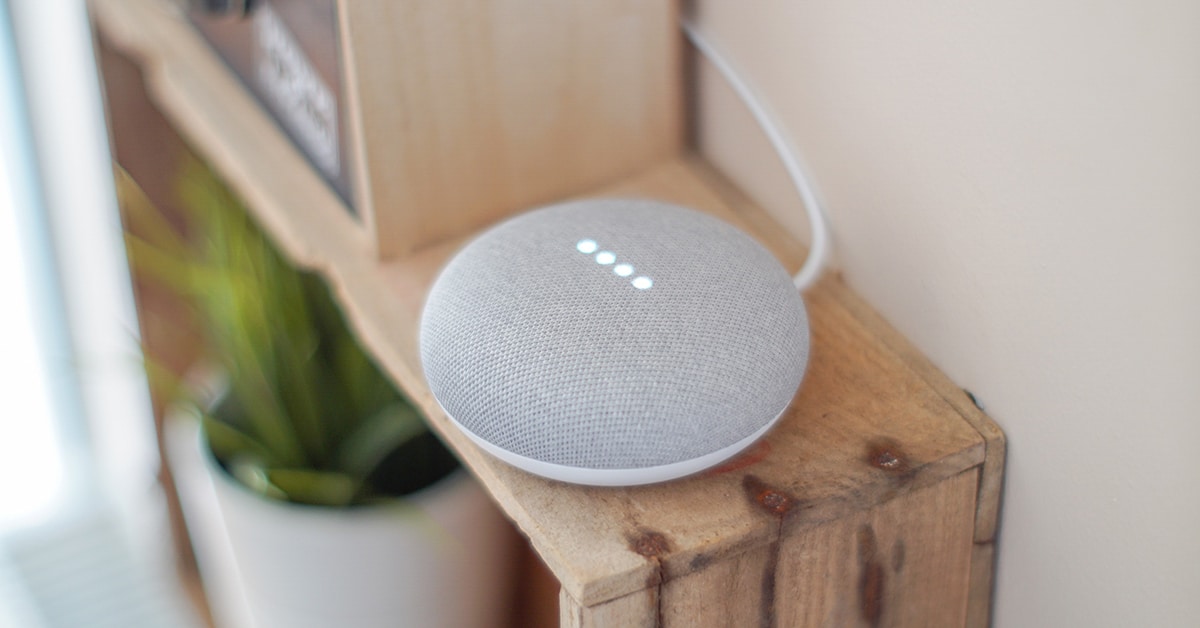Recently at the Interactive Minds Digital Summit, I heard a startling statistic. By the end of this year, 30% of our interactions with technology will be through the use of voice. This is startling until you break it down further. We have Siri on our iPhones and Apple computers, Google Assistant on our Android phones, and in house devices such as Alexa, Google Home, Apple HomePod and Apple TV. In addition to this, more and more appliances are being shipped with voice control built in. Samsung TVs have voice control, while the last Sonos products have Alexa built in.
What does this mean for business? According to WordStream, by 2020 50% of all searches will be voice searches, 30% will be done without a screen at all, and 55% of households (US) will have a voice assistance device by 2022. Therefore is is important to understand how we can optimise our online presence for voice activated search.
Research and opinion is varied on how to optimise a website for voice at the moment. With some claiming some elements matter while others discounting the same elements. Here is our assessment of what should be considered and implemented, sooner rather than later, to attract voice searches to your business website.
Firstly, the SEO ranking factors, that already matter greatly for text search, are also important for voice. These are:
- Page load speed – are your pages loading in 4.6 seconds or less?1
- HTTPS – do you have a digital certificate installed on your host and website to avoid the NOT SECURE browser warnings? See this previous article for more information.
- Google MyBusiness – have you claimed or created your account?
- Social media shares – are you creating website content that is being engaged with on social media platforms?
- Domain authority – does your domain have a lot of good quality links back to it over time?
Other factors, while also being important for text search, have added importance and relevance for voice search. These are content related.
Using voice-to-search generally involves the user asking their device a question. For example, “Hey Alexa, how do I optimise my website for voice search?” Your website needs to contain content that provides an answer to that question or at least be among the top 5 websites delivered in a screen response. Using an organic query in your content is one way of putting your website forward as a candidate to be used as the voice response. How and where? Here is where I see the importance of FAQs (frequently asked questions) pages coming to the fore, along with a reinforcement of the importance of blogging and content presentation.
What kind of content do voice assistants prefer?
Voice assistants favour short bites of content from long and substantial pages of content that is easy to read and well structured (the majority of this is also key for text search).
See what I did there? How do we achieve this? The easiest way is via a FAQs page. Because voice search is attracted to the query content and short bites of content to respond with, a page or more dedicated to questions as headings and short answers is both handy for your users in general and great as potential voice responses to voice searches.
On general content throughout your site, particular service or product pages, consider breaking up long form content under questions style headings. If your business offers specific solutions to potential questions, consider using a blog with regular “How to …” articles or “The best way to …” guides for the use of your products and services.
These are just brief suggestions. Your business answers questions all day, every day. It is time to think about the common, niche, and competitive questions your market asks of you and of your product or service. Answer these in your content so that Siri, Alexa, and friends can answer their master (or slave!) with a suggestion of your solution.




